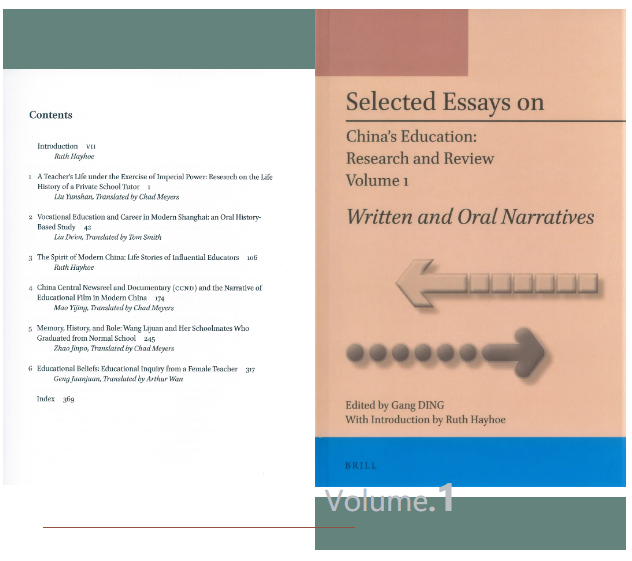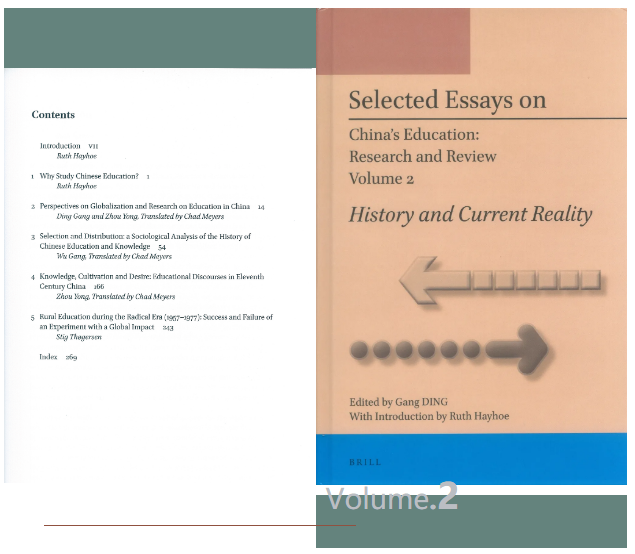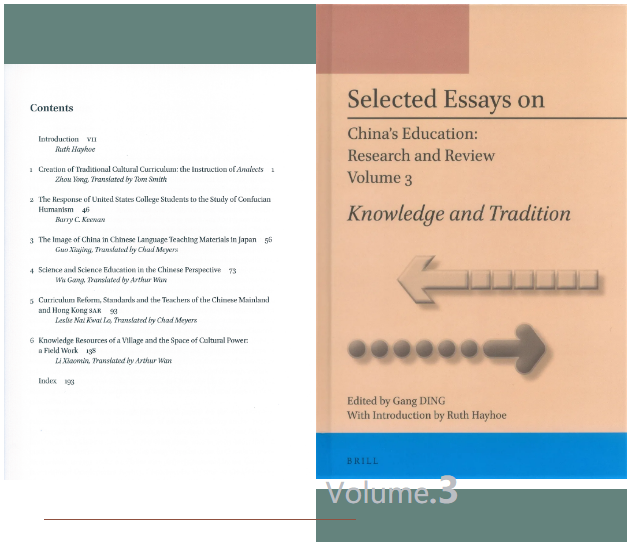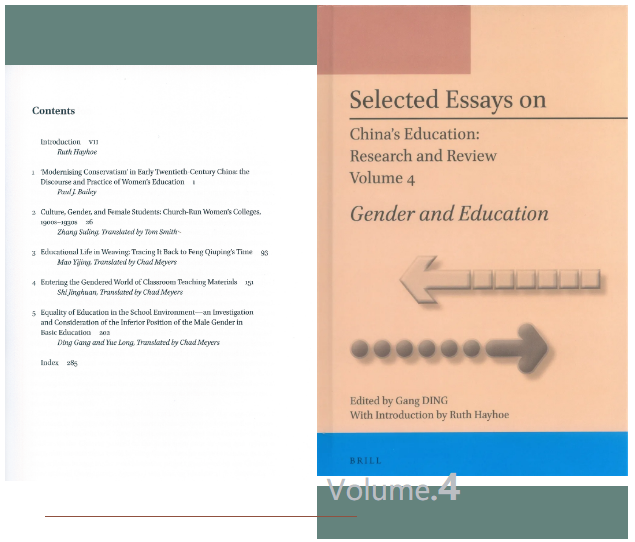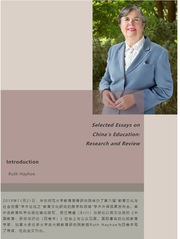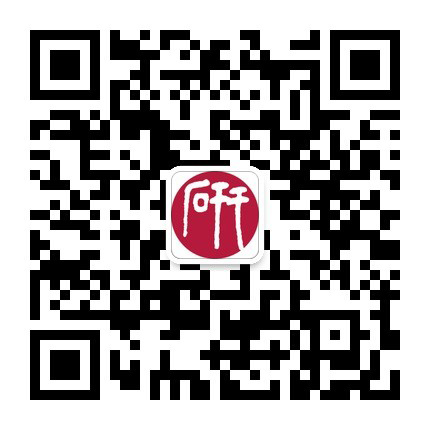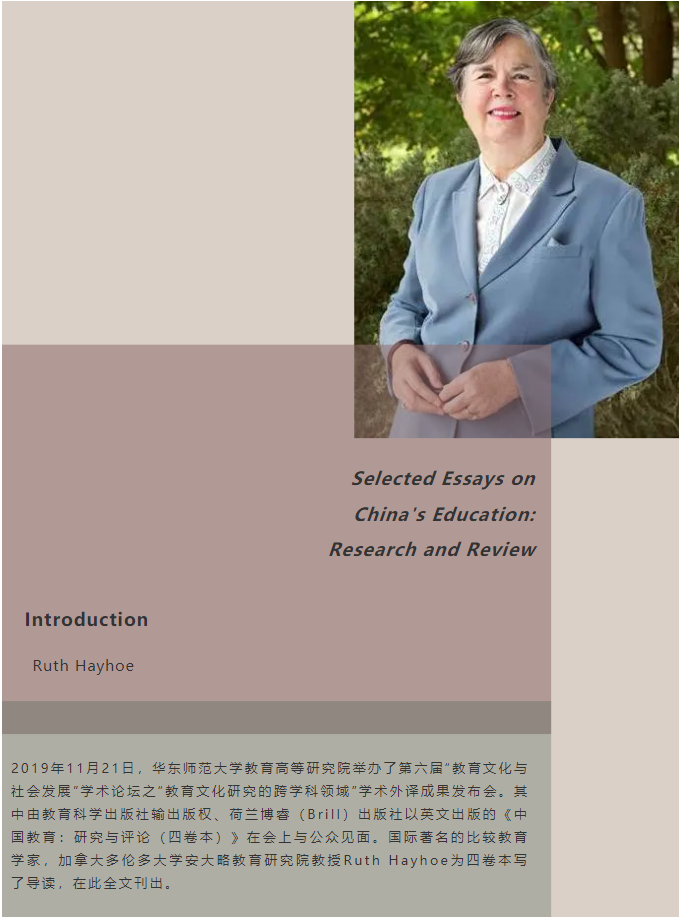
It gives me pleasure to introduce these volumes with all of their chapters selected from the influential journal, China’s Education Research and Review, initiated by Professor Ding Gang of the East China Normal University in 1999. Ding Gang personally selected this set of papers and organized them into four volumes: Volume 1 Written and Oral Narratives; Volume 2 History and Current Reality; Volume 3 Knowledge and Tradition; and Volume 4 Gender and Education. Through these broad themes one can immediately see the trajectory of Ding Gang’s work as a scholar with degrees in philosophy, Chinese literature and education. On the one hand he is committed to explorations of China’s unique knowledge traditions and the ways in which they continue to shape contemporary education and on the other hand he seeks to profile the actual experience of education on the ground through concrete and detailed explorations of such themes as the real life experience of women teachers being prepared for rural schools in a normal school, the education of white collar workers in Shanghai, the educational beliefs of teachers on the ground, and the consideration of such art forms as documentary film in education. In addition, there is a significant section on China’s knowledge traditions, using sophisticated sociological theory to analyze and reflect on relations of knowledge, power and desire in China’s long history. Finally the last volume is devoted to gender and education with essays that consider many angles of the lives of women students and women teachers, including the experience of students in missionary universities, how a gender culture is reproduced through textbook learning and interaction in the classroom, and how the life of one influential weaving artist enabled a generation of women to reflect in new ways on their education and work.
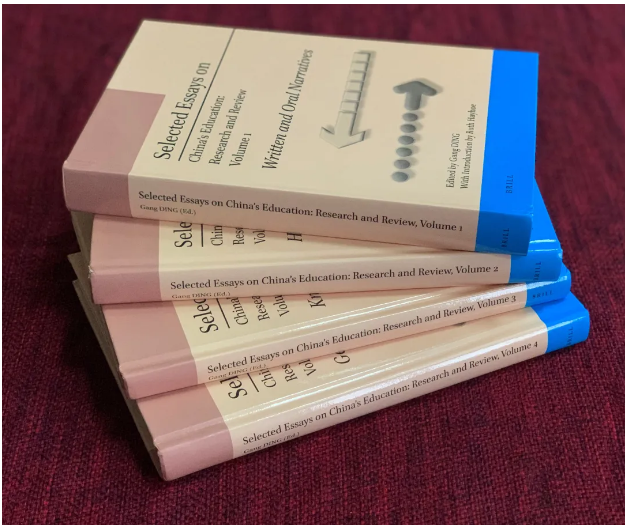
Interwoven with these thoughtfully crafted papers on the experience of education in practice and in the context of educational history are five papers by international scholars. These papers were translated into Chinese for publication in the Chinese journal in the years from 2001 to 2003 and reflect a particular commitment made by Ding Gang when he came to Canada as a visiting scholar in 1993 under a collaborative project sponsored by the Canadian International Development Agency. I was host for his time at the University of Toronto and was impressed by his determination to bring together two worlds that had barely talked to each other up until then—that of Sinology in North American and Western Europe and that of research into Chinese education in China. Thus, he built relationships with a number of influential Sinologists in order to introduce their work to Chinese researchers. Professor Barry Keenan of Denison University in the United States was known for his book on the Dewey Experiment in China and his research on China’s tradition of independent academies, known as shuyuan; Professor Paul Bailey at the University of Durham in the United Kingdom had done extensive research on the history of women’s education in China; Professor Stig Thøgersen at the University of Aarhus in Denmark is a scholar who produced ground breaking historical research on education over a century in one unique county of Shandong province, using a wide range of local sources. Their contributions cover the response of US students to classes on Confucian humanism (Keenan’s in Volume 3), to women’s education in the early 20th century (Bailey’s in Volume 4), and educa- tion in the radical years of 1957–1967 (Thøgersen’s in Volume 2).
While I was focusing on the history of China’s universities over the 20th century and their interactions with Western models at that time, I was deeply influenced by Ding Gang’s commitment to the use of narrative and the different ways in which narrative method informed the research he was involved with. I felt the need to introduce unique dimensions of Chinese educational thought that had impressed me to the Western world. Suddenly it occurred to me that the best way of doing this would be by creating narrative portraits of the veteran Chinese educators I was working with on our collaborative project under CIDA. Thus six of the influential educators presented in Portraits of Influential Chinese Educators (Hayhoe 2006) made their first appearance in Ding Gang’s journal in 2001 and are profiled in my essay in Volume 1, while the first chapter in Volume 2 outlines my broader motivation for studying Chinese education.
Ding Gang’s vision for his journal and his choice of papers to include in this translation was to create the conditions for an encounter between China’s education scholars and those in the West such that there could be mutual understanding and rich dialogue. In Ding Gang’s paper in Volume 2, Perspectives on Globalization and Research on Education in China, co-authored with his talented colleague Zhou Yong, he defines globalization in the following way: the globalization process means the situation of “multiple cultures coexisting and interacting.” He goes on to say that the fate of local societies is “not to choose between Westernization and extinction but rather to achieve a state of organic fusion in this multicultural context and at the same time to renew themselves in the age of globalization through this process of multicultural fusion.”
These volumes reflect Ding Gang’s vision and the rich collection of research papers he brought together through his journal. While the pieces by international scholars were translated into Chinese a long ago, the Chinese papers are now available in English, for the first time, through these volumes. I encourage readers to move among the different chapters and reflect on the possibilities of multicultural fusion that they offer.
References
Hayhoe, Ruth. 2006. Portraits of Influential Chinese Educators. Hong Kong: Comparative Education Research Centre, University of Hong Kong and Springer.
附:四卷本封面及目录 Volume 1 Written and Oral Narratives Volume 2 History and Current Reality Volume 3 Knowledge and Tradition Volume 4 Gender and Education 作者 | Ruth Hayhoe 加拿大多伦多大学安大略教育研究院教授 编辑 | 胡乐野